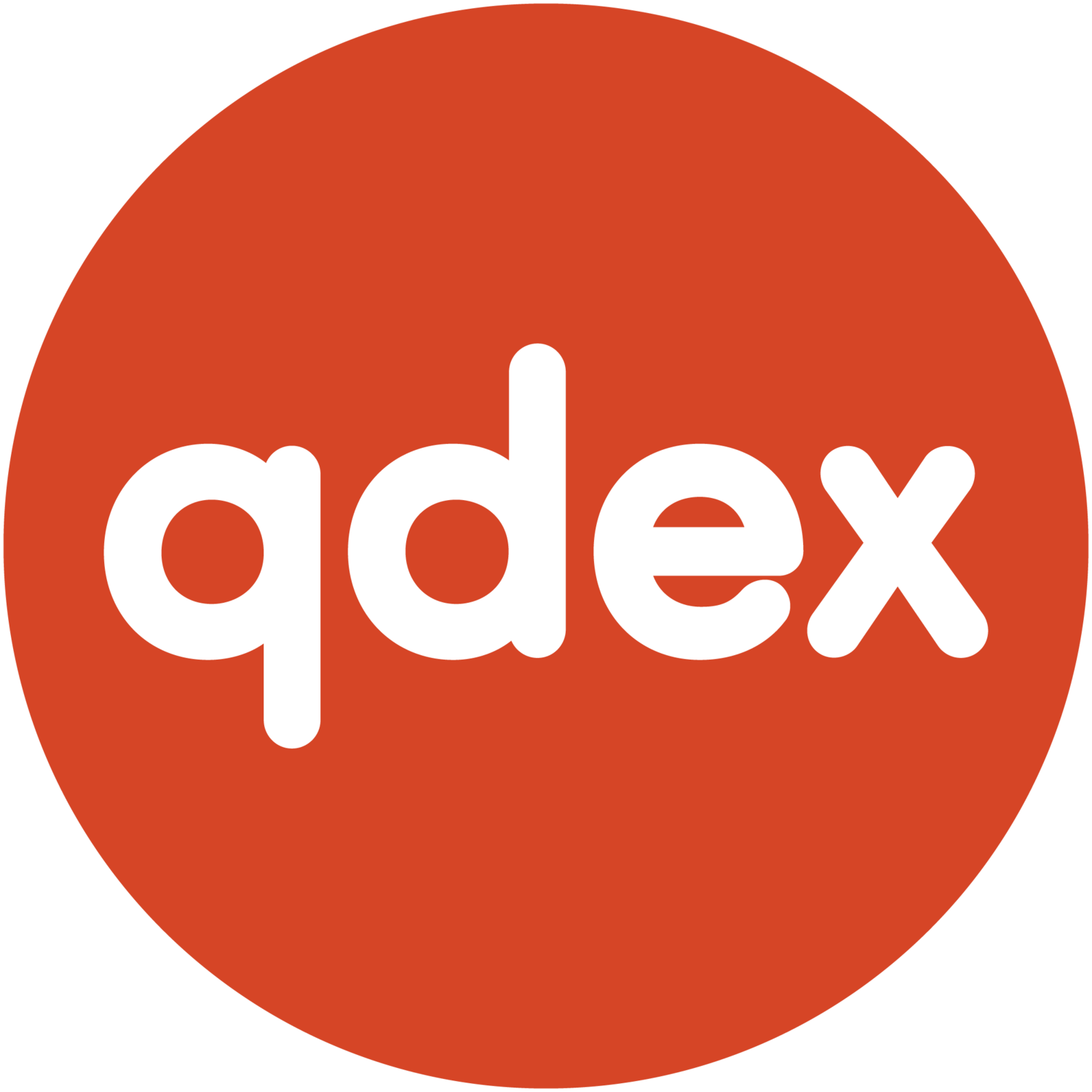You've read through some of the literature and have a pretty good idea of how qdex could be implemented in your institution... but you probably have a few questions. This page will guide you through the ins-and-outs of bringing qdex to your students.
What Do I Need?
The right tools.
Computers
Developers will need computers equipped with Visual Studio Professional 2015 or later to create content. Content is developed using Visual Studio and our plugin, qdex Create.
Mobile Devices
The development team will need an array of mobile devices of varying types and sizes for development and testing. We recommend using both phones and tablets, and varying the device types between iOS and Android.
The right people.
Depending on the scale of the implementation and the number of courses that will be utilizing qdex, you will need a team to create, organize, and manage qdex content. This team usually consists of:
Manager
This person is typically in charge of determining what content needs to be created, acts as a liaison between the developers, stakeholders, and the qdex team, and keeps tabs on the progress of the project.
Developers
The development team are the ones that develop the content based on the Manager's specifications, perform testing, and determine the best way to organize and layout the content. Developers are often undergraduate or graduate students.
The ideal qdex developer has...
…an interest in coding or scripting. Experience is an asset, but beginners will find the environment an easy introduction into the world of programming.
…experience in UX/UI design. It is important to lay out content in a way that is logical and easy to understand.
…an interest in education. Knowing how to break down concepts and explain tough ideas is a crucial part of the development process.







